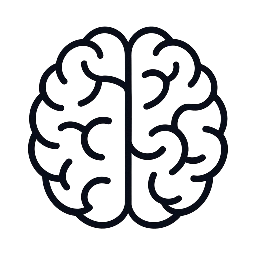
How Online Therapy Makes Healing Accessible
In recent years, online therapy has emerged as a transformative approach to mental health care, significantly increasing accessibility for individuals seeking support. By leveraging digital technology, online therapy breaks down many traditional barriers associated with in-person counselling, making healing more attainable for a broader population.
Convenience and Flexibility
One of the most significant advantages of online therapy is its convenience. Clients can engage in sessions from the comfort of their homes or any private space, eliminating the need for travel. This flexibility allows people with busy schedules, mobility issues, or caregiving responsibilities to fit therapy into their lives more easily. Additionally, many platforms offer various communication methods, including video calls, phone sessions, and text-based chats, catering to different preferences and needs.
Overcoming Geographical Barriers
Access to qualified mental health professionals can be limited or nonexistent for individuals living in rural or remote areas. Online therapy connects clients with licensed therapists regardless of location, providing specialised care that might be unavailable locally. This geographical flexibility ensures everyone can receive support tailored to their unique circumstances.
Reducing Stigma
Seeking therapy can carry social stigma in some communities, discouraging individuals from pursuing help. Online therapy offers a level of anonymity and privacy that can make it easier for people to take the first step toward healing. Being able to attend sessions discreetly helps normalise mental health treatment and encourages more individuals to prioritise their well-being.
Cost-Effectiveness
Traditional therapy can be costly, and not all insurance plans cover mental health services comprehensively. Online therapy often provides more affordable options, including subscription models or pay-per-session plans. By lowering financial barriers, online therapy makes professional support accessible to more people.
Tailored Support and Resources
Digital platforms frequently incorporate additional resources such as mood tracking, guided exercises, and educational content. These tools complement therapy sessions and empower clients to engage actively in their healing process. Furthermore, matching algorithms can connect clients with therapists specialising in specific issues, ensuring personalised and effective care.
Conclusion
Online therapy is revolutionising mental health care by making healing more accessible, convenient, and personalised. As technology advances, it promises to reach even more individuals in need, fostering a healthier and more supportive society for all.

Leave a Reply